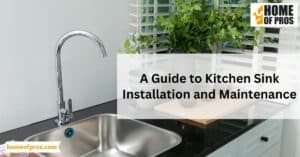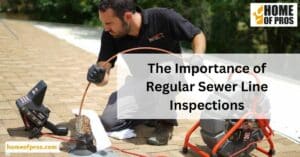Extend the lifespan of your water heater with these 8 essential tips. Regularly flushing out sediment buildup prevents corrosion and maintains efficiency. Insulating your tank, checking the pressure relief valve, and scheduling professional maintenance ensure optimal performance, saving you money and ensuring a reliable hot water supply for years to come.
Your water heater is a vital appliance in your home, providing you with hot water for various daily activities. To ensure it continues to function efficiently and lasts for years to come, it’s essential to take proper care of it. In this guide, we’ll provide you with eight valuable tips for extending the life of your water heater.
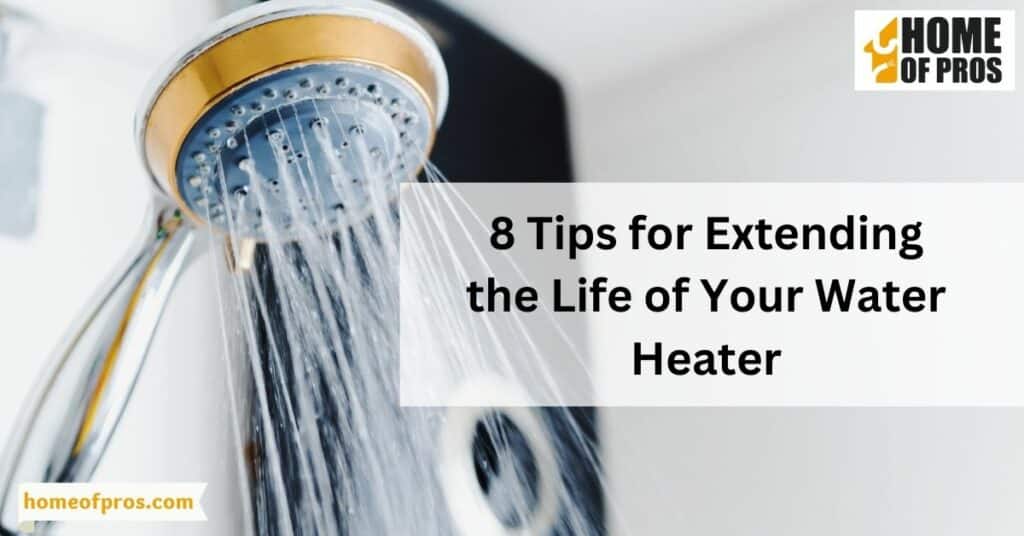
1. Regular Maintenance
Regular maintenance is the cornerstone of ensuring the long and reliable life of your water heater. This crucial step involves more than just keeping an eye on your appliance; it’s about actively taking measures to prevent problems before they occur. It’s essential to inspect your water heater regularly because a proactive, preventive approach can save you both time and money.
By identifying and addressing issues in their early stages, you can avoid more extensive and costly repairs down the line. Whether it’s detecting and fixing leaks promptly, ensuring all connections are tight and free from corrosion, or maintaining a clean and unobstructed area around your water heater for proper ventilation, regular maintenance plays a vital role in keeping your appliance functioning optimally.
2. Temperature Control
The temperature setting of your water heater is more than just a matter of personal comfort; it significantly influences the lifespan and efficiency of the appliance. To achieve the right balance between hot water availability and energy efficiency, understanding the ideal temperature range for your specific water heater unit is essential.
Proper temperature control is not only about comfort but also about preventing unnecessary wear and tear on your water heater. Setting the temperature too high can lead to overheating and increased stress on components, while setting it too low may result in inadequate hot water supply. This can affect your heater’s efficiency and lifespan.
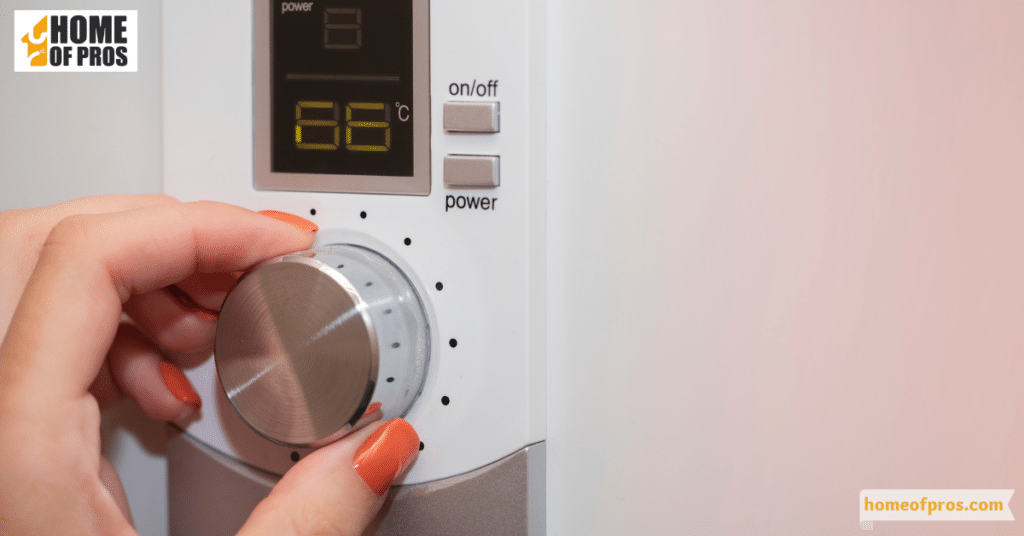
3. Anode Rod Inspection and Replacement
The anode rod is a hidden hero in your water heater, safeguarding it from corrosion and extending its lifespan. This critical component serves a vital purpose by sacrificially corroding in place of your tank, preventing rust and corrosion that can compromise water quality and the structural integrity of the heater. Recognizing when your anode rod is reaching the end of its lifespan is crucial to ensure its continued effectiveness.
During inspections, be on the lookout for visible signs of corrosion and rod deterioration, as these are clear indicators that it’s time for replacement. Proper maintenance of the anode rod involves timely replacement, usually every few years, depending on your water quality and usage. By doing so, you not only extend your water heater’s life but also contribute to its efficient heating, ultimately resulting in long-term cost savings on energy bills.
4. Sediment Flushing
Over time, sediment can accumulate in your water heater, posing a threat to its efficiency and potentially causing damage. Sediment buildup is a common issue, especially in areas with hard water. This sediment consists of minerals and debris that settle at the bottom of the tank, forming a layer that insulates the heating element from the water.
As a result, your water heater must work harder to heat the water, leading to reduced efficiency and potentially higher energy bills. In this section, we’ll guide you through the process of flushing out this sediment. Regularly flushing your water heater offers several advantages, including improved efficiency, faster heating times, and a prolonged heater life.
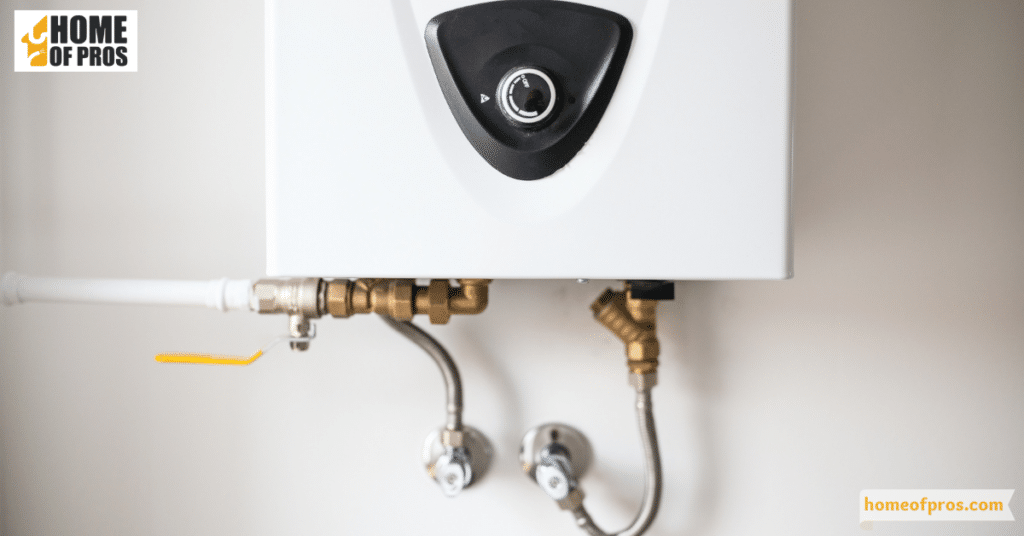
5. Proper Insulation
Proper insulation is a crucial factor in ensuring the energy efficiency and overall longevity of your water heater. In this section, we’ll provide you with valuable insights into insulating not only your water heater but also the pipes and the surrounding area. Adequate insulation serves as a thermal barrier, reducing heat loss and maintaining the water’s temperature inside the tank. This translates into less frequent heating cycles, reduced energy consumption, and lower utility bills.
By learning how to properly insulate your water heater and its components, you’ll not only save money but also contribute to the heater’s extended lifespan. We’ll discuss the various insulation materials and techniques available to help you make informed choices and ensure your water heater operates at peak efficiency.
6. Pressure Relief Valve Check
The pressure relief valve is a critical safety feature that prevents your water heater from experiencing dangerous pressure buildup, which could lead to catastrophic failures. In this section, we’ll explain the importance of testing and maintaining this valve. We’ll guide you through the process of conducting a pressure relief valve check, ensuring it functions correctly to protect your water heater and your household. Understanding how this valve operates and regularly verifying its performance can safeguard your unit from potential disasters.
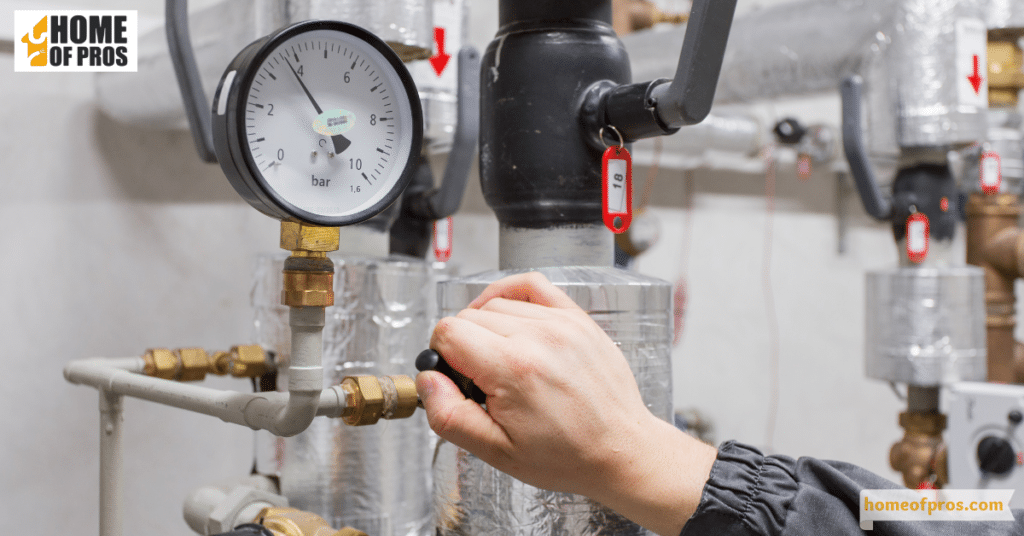
7. Professional Inspection and Servicing
While DIY maintenance is essential, scheduling periodic professional inspections and servicing is equally crucial for the health of your water heater. In this section, we’ll delve into why this step is vital. Professionals possess the expertise and tools to identify issues that may go unnoticed during routine homeowner inspections.
They can detect early signs of problems such as corrosion, leaks, or inefficient heating elements, which, if left unaddressed, could lead to more extensive and costly repairs. We’ll explain what to expect during a professional service visit, from comprehensive inspections to necessary repairs and maintenance tasks. Investing in professional attention ensures that your water heater operates at its best, maintains its efficiency, and has a longer and more trouble-free lifespan.
8. Water Quality Management
Understanding these troubleshooting techniques can be invaluable in preventing further issues and ensuring the safety of your household. From shutting off the power supply in case of a leak to identifying unusual sounds indicating potential internal problems, we’ll provide a comprehensive guide on how to react swiftly and effectively. Additionally, we’ll outline the instances where it’s crucial to contact a professional immediately, ensuring that you’re well-informed and prepared to handle water heater emergencies confidently.
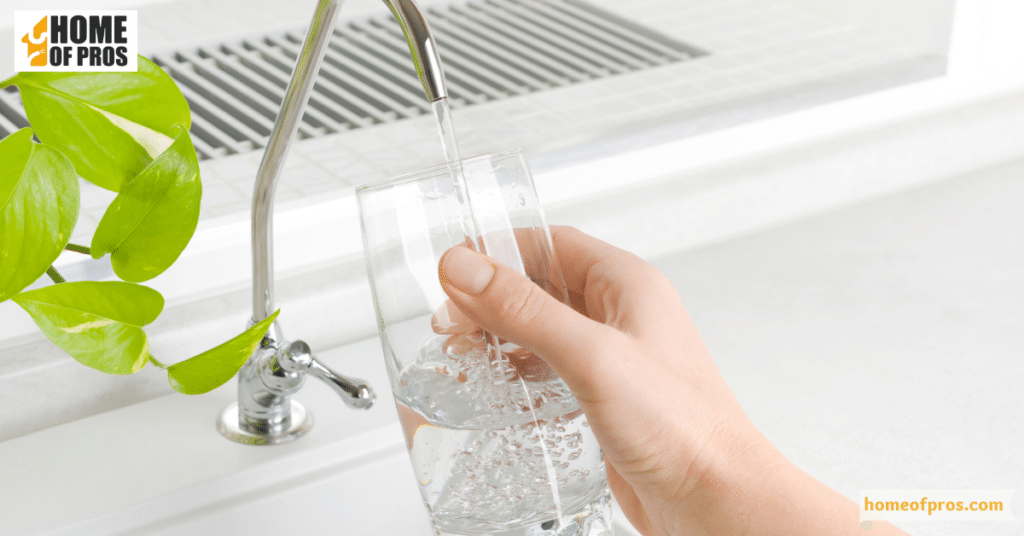
Conclusion
Your water heater is a valuable asset that deserves attention and care to ensure its efficient operation and longevity. By following these eight essential tips for maintaining and extending the life of your water heater, you can enjoy reliable hot water and potentially save on energy costs. Remember that a well-maintained water heater can serve your household for many years to come.






